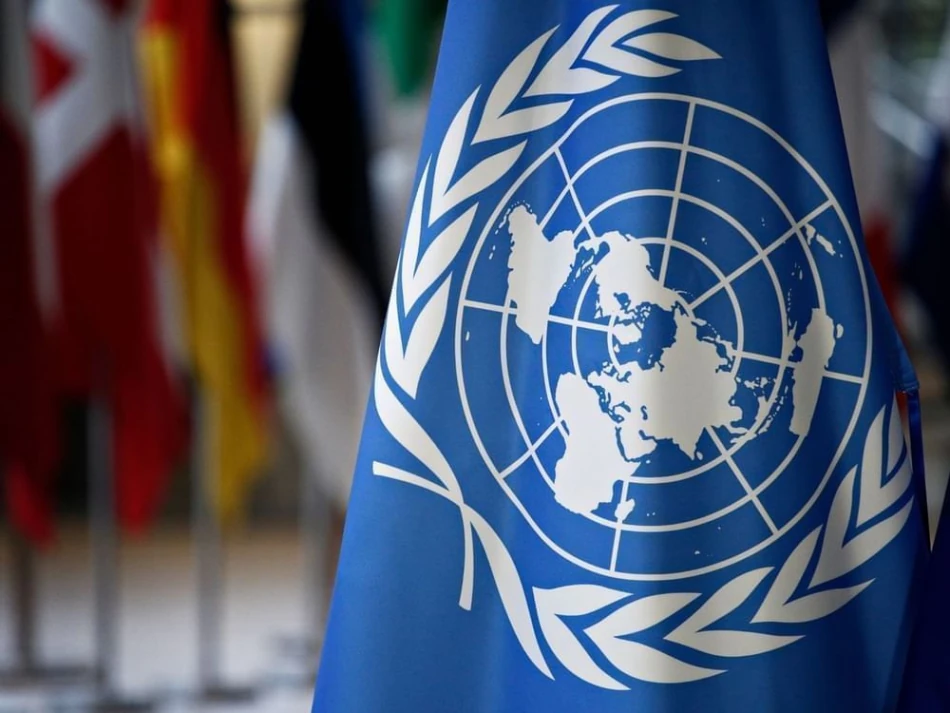
UN Readies Massive 170,000-Ton Aid Shipment to Swiftly Assist Gaza
The United Nations says it has 170,000 metric tons of aid ready to enter Gaza, calling on Israel to open crossings and allow unrestricted access as the humanitarian crisis drags on. The announcement comes as UN officials point to President Trump's recent initiative as opening "a window of hope" for delivering life-saving assistance to Palestinians.
Tom Fletcher, the UN's Under-Secretary-General for Humanitarian Affairs, made it clear this isn't just planning on paper. The aid stockpile includes food, medicine, shelter supplies, and other essentials positioned throughout the region and ready to move.
But here's the problem: getting it into Gaza requires cooperation that hasn't materialized yet. Fletcher outlined what the UN needs to make their relief plan work - open border crossings, safe movement for civilians and aid workers, unrestricted entry for goods, visas for staff, space for humanitarian organizations to operate, and revival of the private sector.
The timing matters because Gaza's situation has stretched on for months. Every minute of delay means more suffering for people trapped in the territory, according to UN officials.
Fletcher specifically mentioned Trump's recent initiative, though he didn't provide details about what that involves. He said it creates an opportunity for Palestinians to receive necessary life-saving aid and for hostages to return home.
The UN's emphasis on having concrete plans and supplies ready suggests they're trying to show they can act quickly if political barriers get removed. The 170,000 metric tons represents a significant humanitarian operation - enough to potentially address immediate needs for Gaza's population if distribution networks can function.
For this to work, Israel would need to guarantee safe passage and unrestricted access, something that has been a major sticking point throughout the conflict. The UN is essentially saying they have the logistics figured out, but they need the political green light to execute.
The broader context here involves ongoing negotiations about ceasefires, hostage releases, and humanitarian access that have repeatedly stalled. Fletcher's statement suggests the UN sees a potential opening now that wasn't there before.
Most Viewed News

 Sara Khaled
Sara Khaled






